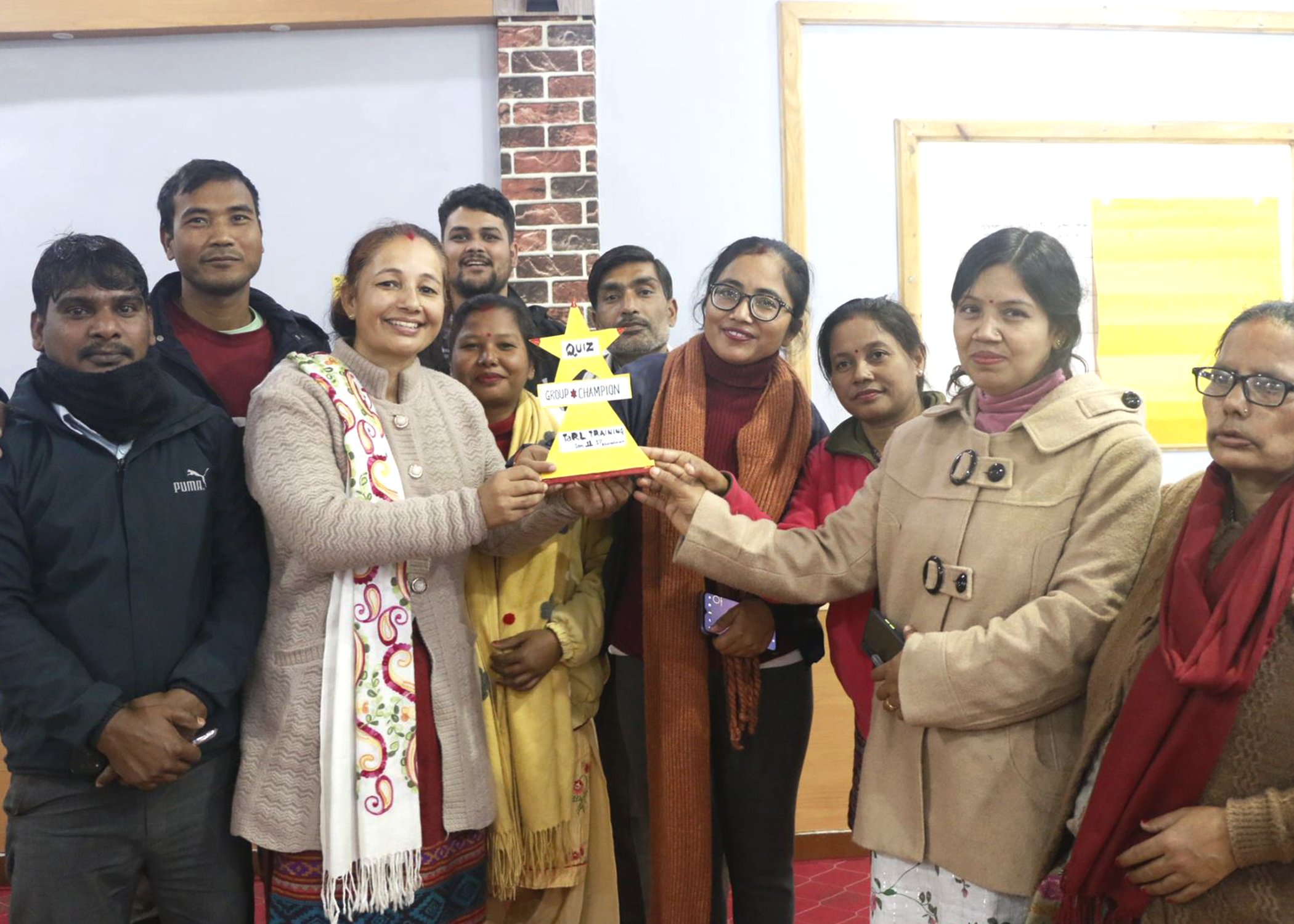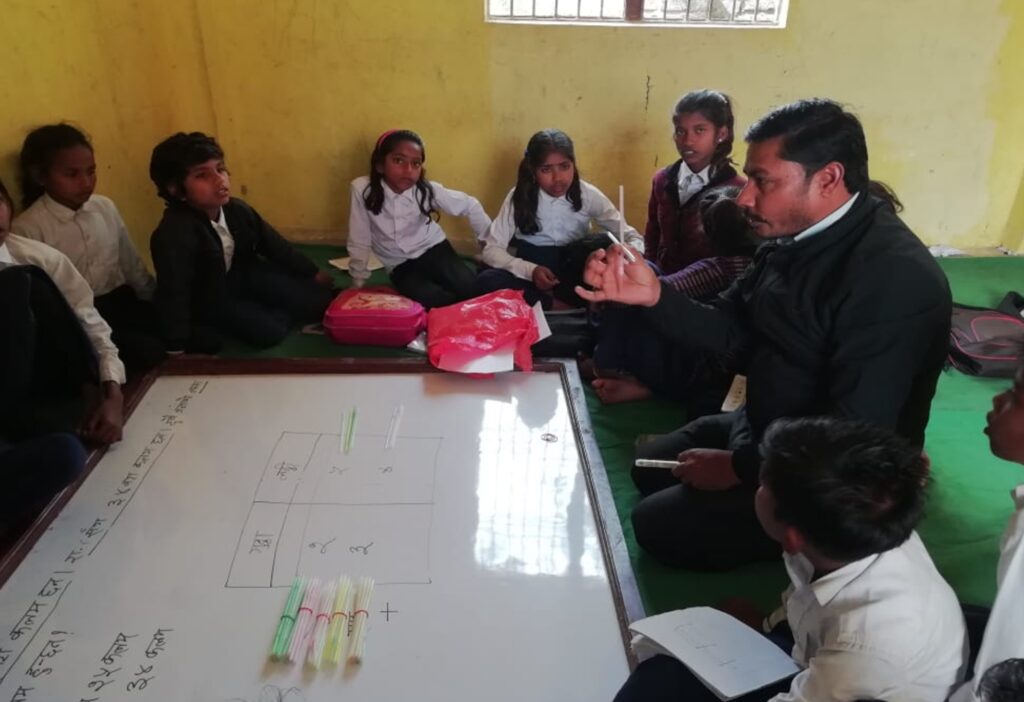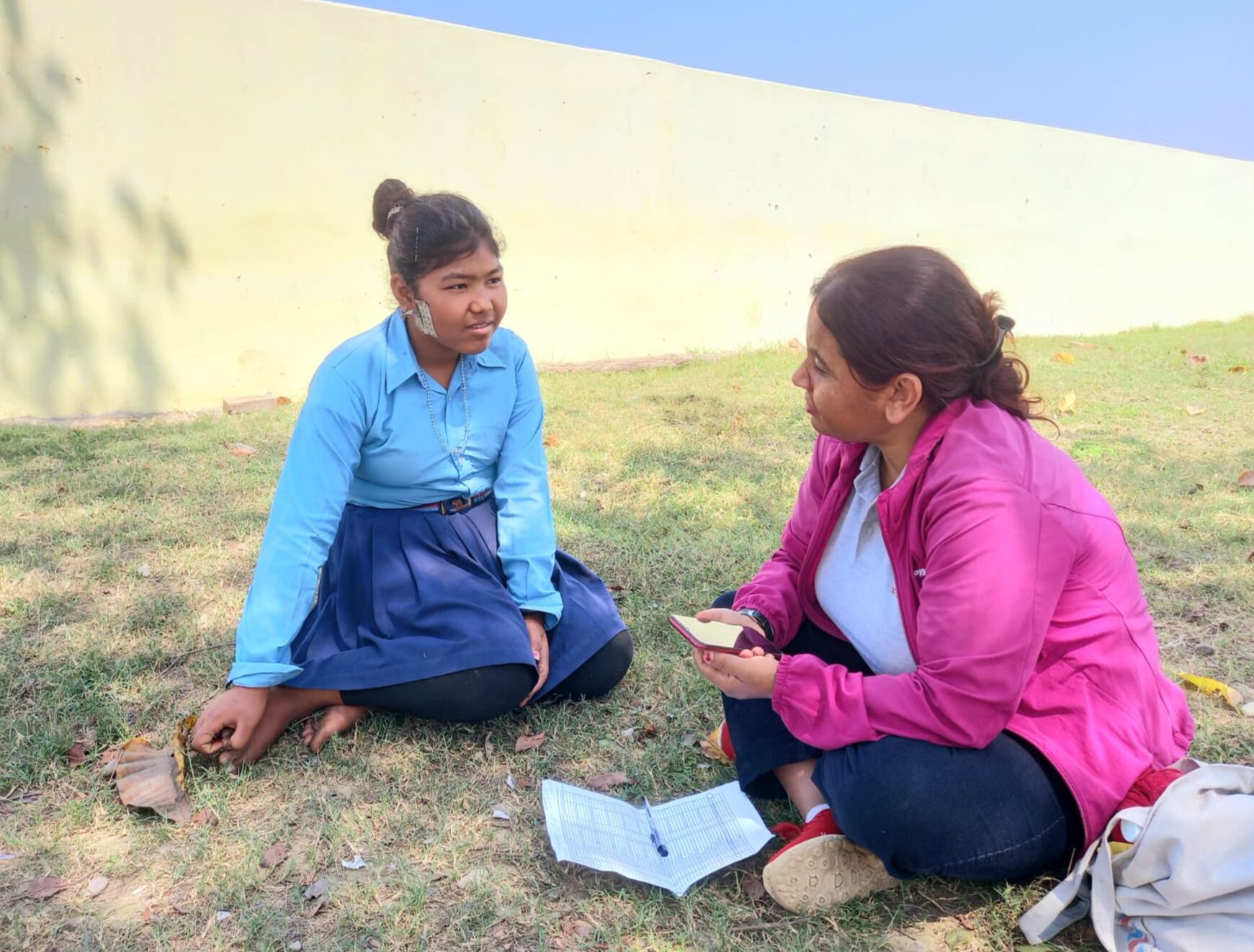
Innovative Pedagogies to support foundational learning
FOUNDATIONAL LEARNING
Enhancing Foundational Learning through Innovative Pedagogy
The IPSFL (Innovative Pedagogies to Support Foundational Learning) project is dedicated to supporting the implementation of innovative teaching methods to improve foundational learning among marginalized children in community and rural schools across Lumbini Province. In collaboration with our local partner, Aasaman Nepal, and in coordination with master trainers from Street Child trained in Teaching at the Right Level (TaRL) pedagogy, our goal is to train 80 government teachers in a combination of innovative teaching practices and TaRL pedagogy.
Despite the steady increase in school enrollment rates, learning inequality remains a significant challenge. According to the Global Education Monitoring report of 2022 by UNESCO and IIDS, only 39% of children in Nepal possess minimum proficiency skills in reading by the end of grade 5. This disparity indicates a need to address the gap between enrollment and learning outcomes. Limited resources and the inability of public schools to meet individual student needs contribute to these challenges.

Our objectives:
- Building the teaching capacity of teachers, enabling them to deliver effective and innovative instruction in grades 3-4.
- To enhance the learning abilities of students, particularly in the areas of literacy and numeracy, to ensure a strong foundation for their academic journey.
- To work closely with local communities, organisations, and stakeholders to promote quality learning, reduce dropout rates, and create a supportive environment for marginalised children.

The IPSFL project is currently being implemented in Buddhabhumi Municipality and Suddhodhan Rural Municipality, located in the Kapilbastu District of Lumbini Province. These areas are home to marginalised communities, including Madhesi Dalit, Muslim, and Tharu communities, who face exclusion and underrepresentation due to their caste or ethnicity. These communities encounter systemic barriers that hinder their access to education and resources essential for improving literacy skills. Students from these areas often experience intolerance and discrimination within the classroom, further affecting their ability to learn and thrive.
To address these challenges, we employ Teaching at the Right Level (TaRL) interventions in Class 3 and Class 4 of community schools in both municipalities. These interventions provide remedial education to boost fundamental literacy and accelerate learning recovery. Additionally, the project includes tailored life skills sessions for class 6 students who are in their early adolescent years and face extreme vulnerability, particularly those from marginalized groups.
